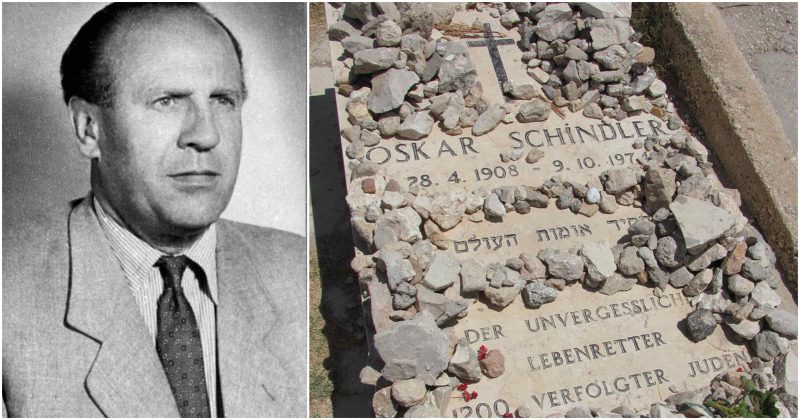Schindler is the German industrialist, spy, and member of the Nazi Party who saved the lives of 1,200 Jews during the Holocaust by employing them in his enamelware and ammunition factories.
They were located in occupied Poland and the Protectorate of Bohemia and Moravia.
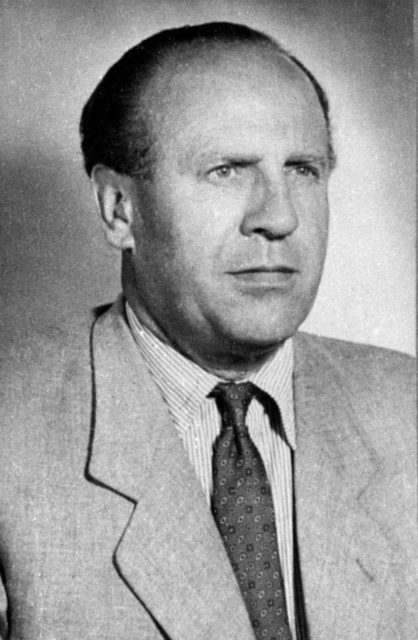
As a member of the Nazi Party and the Abwehr intelligence service, after the end of WWII Schindler was in danger of being arrested as a war criminal. Bankier (Abraham Bankier was a Jewish who helped Schindler manage the company).
Stern, and several others prepared a statement he could present to the Americans attesting to his role in saving Jewish lives.
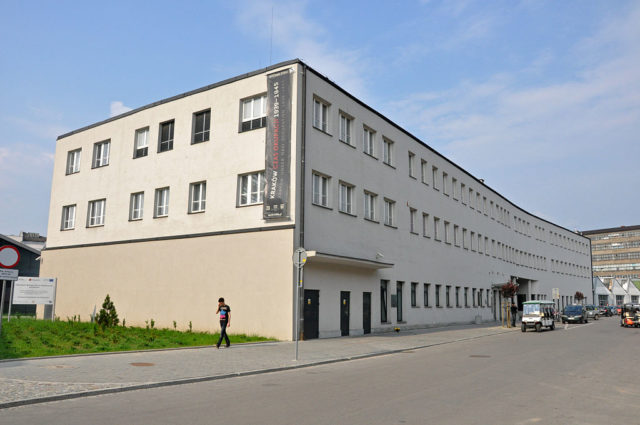
He was also given a ring, made using gold from dental work taken out of the mouth of Schindlerjude Simon Jeret. The ring was inscribed “Whoever saves one life saves the world entire.”
To escape being captured by the Russians, Schindler and his wife departed westward in their vehicle, a two-seater Horch, initially with several fleeing German soldiers riding on the running boards. A truck containing Schindler’s mistress Marta, several Jewish workers, and a load of black market trade goods followed behind.
The Horch was confiscated by Russian troops at the town of Budweis, which had already been captured by Russian troops.
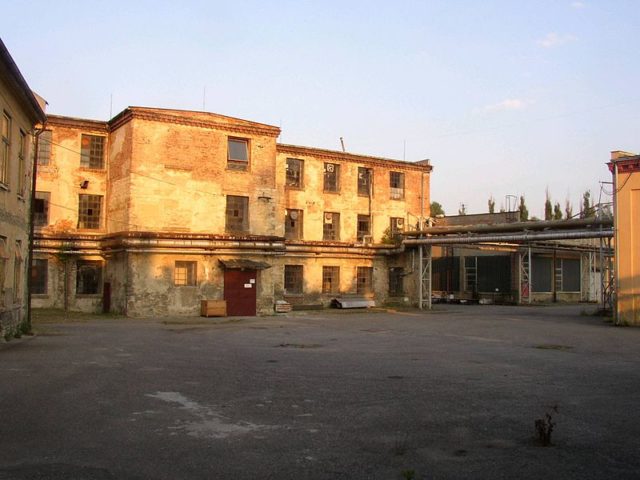
The Schindlers were unable to recover a diamond that Oskar had hidden under the seat. They continued by train and on foot until they reached the American lines at the town of Lenora, and then traveled to Passau, where an American Jewish officer arranged for them to travel to Switzerland by train. They moved to Bavaria in the fall of 1945.
By the end of the war, Schindler had spent his entire fortune on bribes and black-market purchases of supplies for his workers.
Virtually destitute, he moved briefly to Regensburg and later Munich, but did not prosper in postwar Germany. In fact, he was reduced to receiving assistance from Jewish organizations.
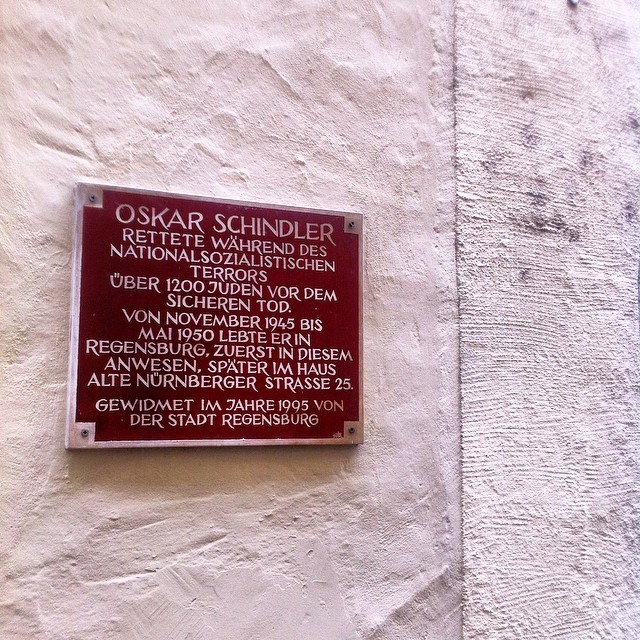
In 1948 he presented a claim for reimbursement of his wartime expenses to the American Jewish Joint Distribution Committee and received $15,000. He estimated his expenditures at over $1,056,000, including the costs of camp construction, bribes, and expenditures for black market goods, including food.
Schindler emigrated to Argentina in 1949, where he tried raising chickens and then nutria, a small animal raised for its fur.
When the business went bankrupt in 1958, he left his wife and returned to Germany, where he had a series of unsuccessful business ventures, including a cement factory.
He declared bankruptcy in 1963 and suffered a heart attack the next year, which led to a month-long stay in a hospital. Remaining in contact with many of the Jews he had met during the war, including Stern and Pfefferberg, Schindler survived on donations sent by Schindlerjuden from all over the world.
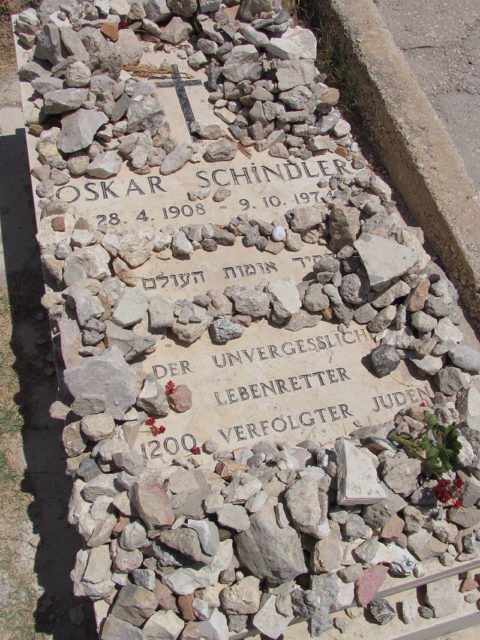
He died on 9 October 1974 and is buried in Jerusalem on Mount Zion, the only member of the Nazi Party to be honored in this way.
For his work during the war, in 1963 Schindler was named Righteous Among the Nations, an award bestowed by the State of Israel on non-Jews who took an active role to rescue Jews during the Holocaust. Other awards include the German Order of Merit (1966).
